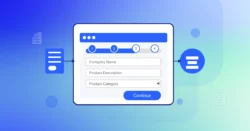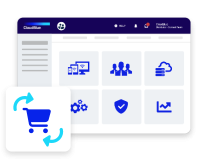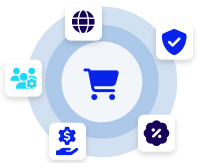SaaS Ops, short for Software as a Service Operations, refers to the set of practices, processes, and strategies aimed at effectively managing and optimizing the delivery and operations of Software as a Service (SaaS) applications. SaaS Ops focuses on ensuring the reliable, secure, and efficient performance of SaaS products to meet the needs of customers and end-users.
Key components of SaaS Ops include:
- Availability and Reliability: SaaS Ops teams work to ensure high availability and reliability of the SaaS application. This involves monitoring the service’s uptime, performance, and response times, and quickly addressing any incidents or outages that may occur.
- Scalability: As the user base of a SaaS product grows, SaaS Ops teams focus on making sure the infrastructure can scale to handle increased demand without compromising performance.
- Performance Optimization: SaaS Ops teams continuously analyze the application’s performance and work on optimizing it. They may identify and address bottlenecks, optimize database queries, and fine-tune the application’s components for improved efficiency.
- Security and Compliance: SaaS Ops is responsible for implementing robust security measures to protect customer data and ensure compliance with relevant regulations and standards. This includes managing access controls, encryption, and implementing best practices for data security.
- Incident Management: In the event of incidents or service disruptions, SaaS Ops teams follow incident management procedures to identify, resolve, and communicate about the issues to customers and stakeholders.
- Monitoring and Analytics: SaaS Ops involves continuous monitoring of the application’s performance and usage data. Monitoring helps to detect anomalies, track key metrics, and gain insights for proactive maintenance and improvement.
- Automation and Orchestration: To streamline operations and reduce manual efforts, SaaS Ops teams often implement automation and orchestration tools to handle routine tasks and workflows.
- DevOps Collaboration: Collaboration between development (Dev) and operations (Ops) teams is essential in SaaS Ops. DevOps practices foster communication, collaboration, and shared responsibilities to streamline the development and deployment of SaaS applications.
- Continuous Delivery: SaaS Ops teams aim to achieve continuous delivery by automating the deployment process, allowing for frequent and smooth updates to the SaaS application.
- Disaster Recovery: SaaS Ops plans and implements disaster recovery strategies to ensure business continuity in case of major disruptions, data loss, or catastrophic events.













